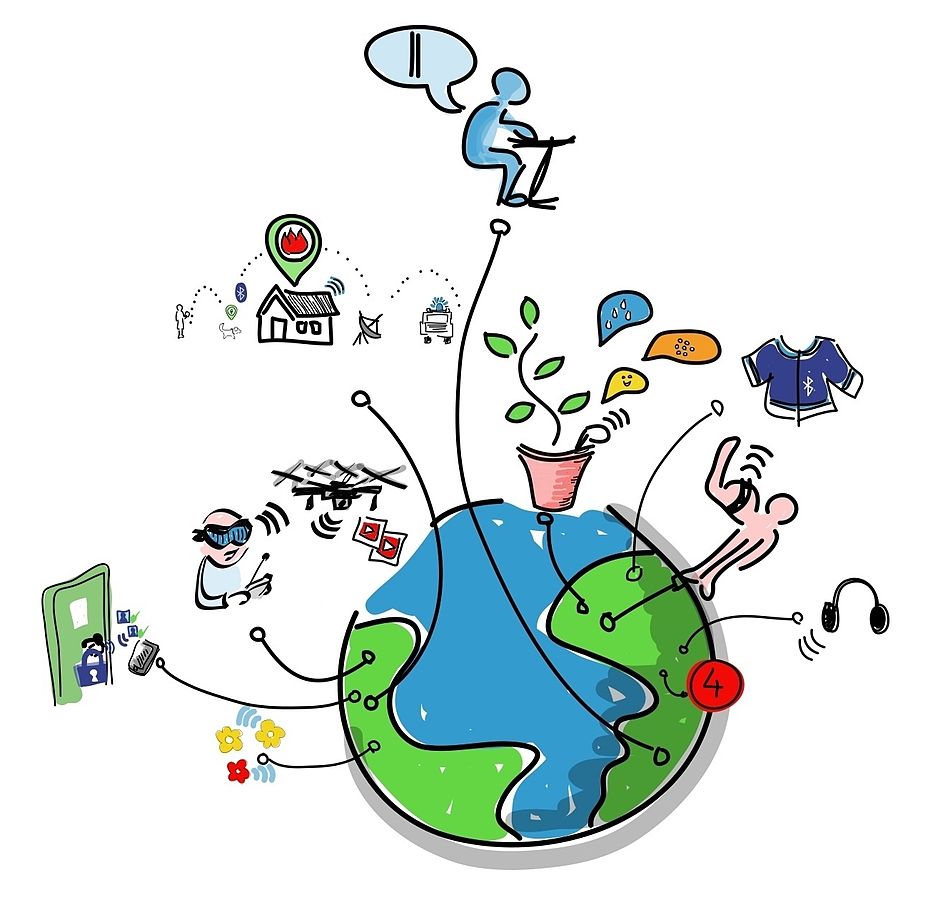 The Internet of Things refers to any object or device that sends and/or receives data automatically via the Internet. This rapidly-expanding set of “things” includes tags (also known as labels or chips that automatically track objects), sensors, and devices that interact with people and share information machine to machine.
The Internet of Things refers to any object or device that sends and/or receives data automatically via the Internet. This rapidly-expanding set of “things” includes tags (also known as labels or chips that automatically track objects), sensors, and devices that interact with people and share information machine to machine.
WHY SHOULD WE CARE?
• Cars, appliances, wearables, lighting, healthcare, and home security all contain sensing devices that can talk to another machine and trigger other actions. Examples include: devices that direct your car to an open spot in a parking lot; mechanisms that control energy use in your home; and other tools that track your eating, sleeping, and exercise habits.
• This technology provides a level of convenience to our lives, but it requires that we share more information than ever. The security of this information, and the security of these devices, is not always guaranteed.
• Though many security and resilience risks are not new, the scale of interconnectedness created by the Internet of Things increases the consequences of known risks and creates new ones.
SIMPLE TIPS
Without a doubt, the Internet of Things makes our lives easier and has many benefits; but we can only reap these benefits if our Internet-enabled devices are secure and trusted. Here are some tips to increase the security of your Internet-enabled devices:
1. Keep a clean machine.
Like your smartphone or PC, keep any device that connects to the Internet free from viruses and malware. Update the software regularly on the device itself as well as the apps you use to control the device.
2. Think twice about your device.
Have a solid understanding of how a device works, the nature of its connection to the Internet, and the type of information it stores and transmits.
3. Secure your network.
Properly secure the wireless network you use to connect Internet-enabled devices.If your company is going to use full disk encryption or has compliance requirements that you need consulting for, then contact us for assistance.